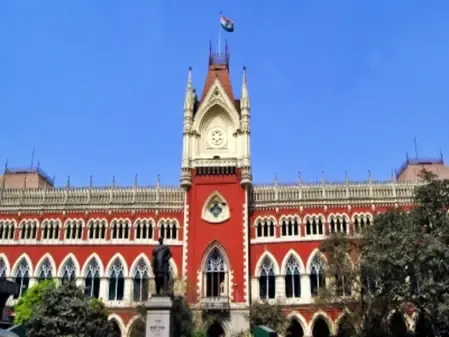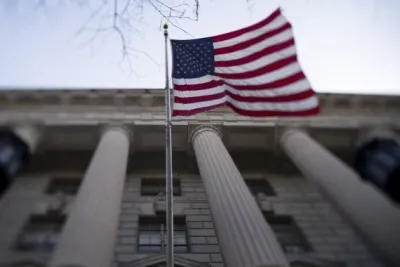Why Did the Calcutta HC Order an Affidavit Against the Reappointment of a Tainted Registrar?

Synopsis
Key Takeaways
- Calcutta High Court demands accountability from educational institutions.
- Reappointment of officials with a tainted record raises ethical concerns.
- Importance of transparency in governance within universities.
- Legal implications for Burdwan University following the court's directive.
- Continued scrutiny of investigations into financial misconduct.
Kolkata, Sep 9 (NationPress) A single-judge bench of the Calcutta High Court has instructed the officials of a West Bengal state university to submit an affidavit justifying the re-appointment of a former registrar with a tainted past, who was previously implicated in financial forgery.
The university in question is Burdwan University, located in the East Burdwan district, and the former registrar under scrutiny is Sujit Chowdhury.
During his prior tenure, Chowdhury faced allegations of financial misconduct amounting to Rs 2 crore.
A recent petition was filed in the Calcutta High Court challenging the university's decision to reinstate him.
The case was heard by Justice Tirthankar Ghosh on Tuesday afternoon, who expressed astonishment at the university authorities' decision.
Subsequently, Justice Ghosh mandated the Burdwan University officials to file an affidavit by September 25, providing a thorough explanation regarding Chowdhury's reappointment.
In the affidavit, the university must clarify to the court the reasoning behind reappointing someone with such allegations.
Once the affidavit is submitted, the other involved parties will have the opportunity to present their arguments in the case.
The next hearing is scheduled for December 9.
Initially, the investigation was handled by the Criminal Investigation Department (CID) of West Bengal, but the responsibility was later transferred to a team from the Kolkata Police.
Despite this shift, the investigation has been slow, with only one Group-D employee, Bhakta Mondal, being arrested.
Justice Ghosh also raised questions about the police's role in the investigation process.










